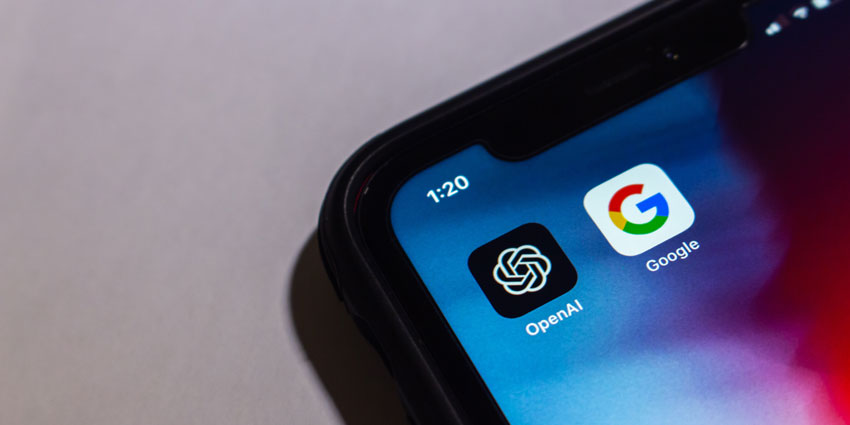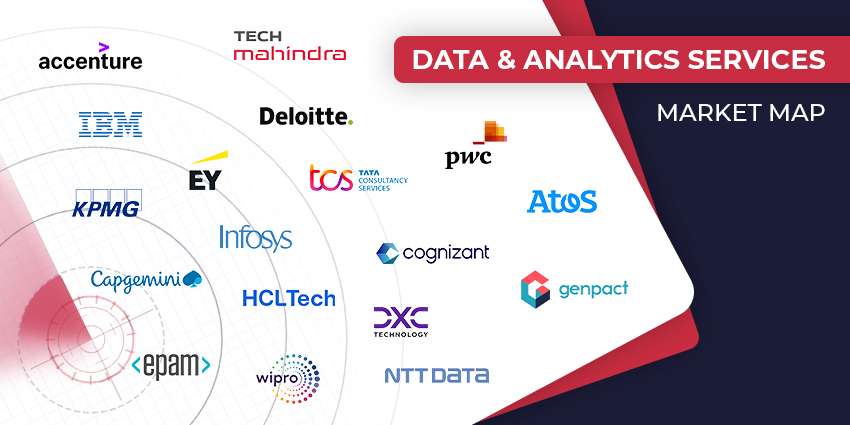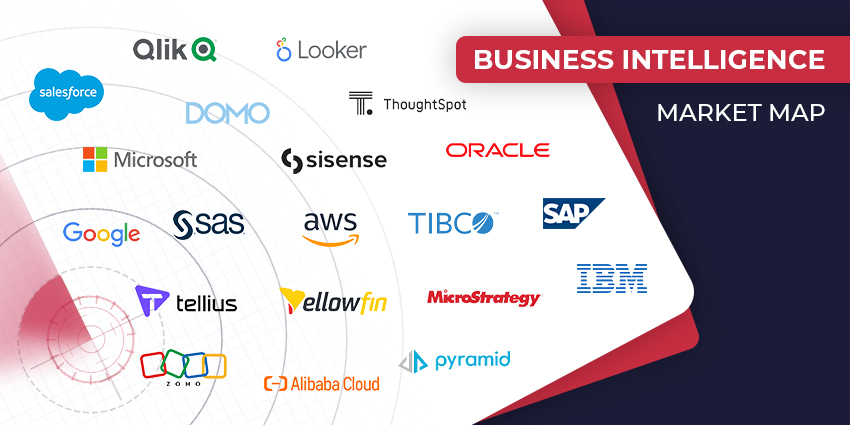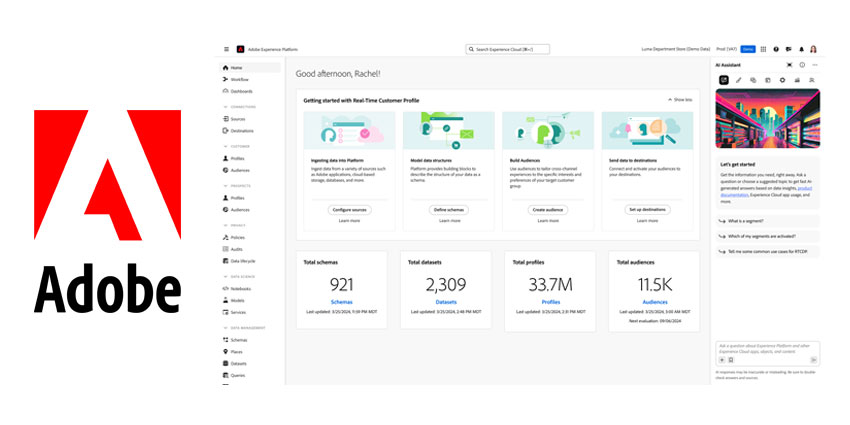Google will launch a generative AI bot, “Bard”, within the coming weeks to challenge ChatGPT.
ChatGPT stunned the online world after its launch two months ago, writing poems, completing code, and answering exam questions.
Indeed, 30 percent of the world’s white-collar workers have experimented with the offering, helping with market research, copy creation, and general ideation.
From these tests, its potential to change how people search for information online quickly became evident – which alerted a “code red” at Google.
Why? Because Microsoft struck a deal to embed ChatGPT into Bing. Such innovation could disrupt its search engine domination – which reportedly accounts for 58 percent of Google’s business.
Indeed, 92.9 percent of the world’s searches are on Google. That pulls in a lot of advertising revenue. Bing, on the other hand, accounts for just three percent, according to Statcounter.
If Microsoft can move the dial on that ratio, Google’s entire business model will turn upside down.
Yet, Google has long planned for the future of conversational search, with Bard far from a quick retort to ChatGPT.
So, while there is more than a pinch of panic surrounding the release of Bard, the solution seems unlikely to disappoint.
After all, Google LaMDA powers the offering. Initially released two years ago, this is Google’s model for next-generation language and conversation capabilities.
Ever since this release, the Google team has evolved the experimental generative AI service, ready for the release of Bard. Now, it is reportedly so sophisticated one Google employee expressed their concern that it might be sentient.
Supposedly, such ethical quadries were part of its slow release, as Google committed to creating a new bot that was both bold AND responsible.
Sundar Pichai, CEO of Google, referenced this in a blog to announce the release. He also went deeper into what users can expect from Bard. He stated:
Bard seeks to combine the breadth of the world’s knowledge with the power, intelligence and creativity of our large language models. It draws on information from the web to provide fresh, high-quality responses.
“Bard can be an outlet for creativity, and a launchpad for curiosity, helping you to explain new discoveries from NASA’s James Webb Space Telescope to a 9-year-old, or learn more about the best strikers in football right now, and then get drills to build your skills.”
As is perhaps evident, such innovation has the potential not only to transform search engines but reimagine many of the technologies businesses and consumers harness today.
When Google begins to integrate Bard into Google Cloud, as Microsoft is doing with Azure and ChatGPT, this transformation will further accelerate.
What Impact Will These Announcements Have On CX?
Like Azure, Google Cloud powers the technologies of many SaaS vendors, supporting everything from CCaaS to enterprise data & analytics solutions.
As Google Bard and ChatGPT become accessible across the clouds, vendors will experiment and launch many new capabilities to get a head start on market rivals.
In CCaaS, NICE has already released a ChatGPT-powered solution, and Talkdesk – as it will discuss in an upcoming CX Today article – is using the technology to redefine its roadmap.
With new NLP capabilities, many CCaaS players will likely begin by simplifying existing use cases – such as auto-call summarizations, intent detection, and sentiment analysis.
From there, expect conversation AI solutions and agent support tools to improve quickly.
As an example of the former, check out the video below. It shows how a Microsoft software engineer combined Azure Communication Services Call Automation, Azure Cognitive Services, and Azure’s Open AI platform to excellent effect.
But, taking a step back, just think of how generative AI may transform software creation in itself. The industry has already made significant steps through low-/no-code tooling. Yet, consider a reality where a user communicates its solution requirements to Bard, and it builds it automatically. Spooky, but now palpable.
Look out for such use cases in the future. However, for now – at least – the release of ChatGPT and Bard has taken some of the fear factor away from AI implementations.
That is a significant step forward for the CX industry, but expect many more major strides to follow in the near future as the possible applications of generative AI technologies ramp up.
Listen to four prominent CX analysts break down the potential of ChatGPT – alongside other topical news – by checking out our video: BIG CX News – The Latest on Avaya, AWS, and ChatGPT







